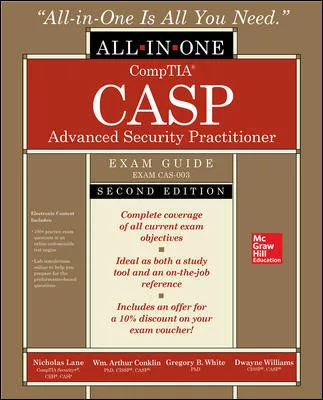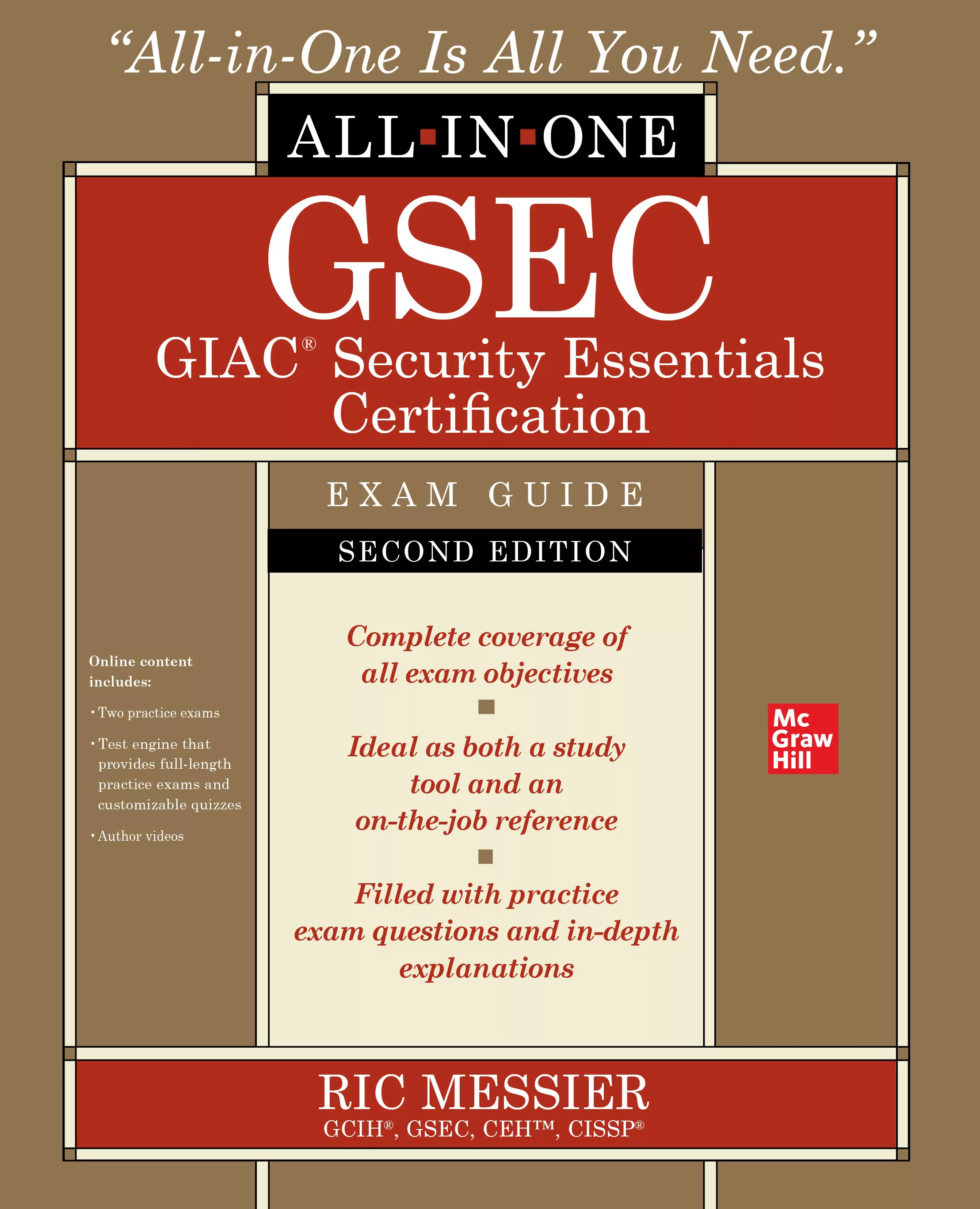So What Is Certification?
What do auto mechanics, project managers, software experts, medical professionals, chefs, security directors and their officer supervisors and officers have in common?
Career wise, at first glance, it seems not much, but look closer. Each of these professions offers certification for certain specific skill sets considered important in their field.
Unlike training alone, certification in most career fields involves more than just signing up for a class, passing a test and you’re finished. Most certification programs require that you go through an application process that takes many factors into consideration, including training, experience, community service, references and other factors. Some even require background checks. In other words, you have to meet a certain standard to even apply. After you are accepted into the program, you must still complete the work and earn a passing grade.
The American Society for Industrial Security ASIS International requires prospective applicants for the Certified Protection Professional (CPP) program to have a bachelor’s degree or higher from an institution of higher learning and seven years of experience with at least three of those years in charge of a security function, or they can have nine years of security experience with three years in charge of a security function. Recertification for the CPP requires credits earned from similar categories as the ones required for the CPO.
Both the IFPO and ASIS also require candidates to adhere to a strict code of ethics and conduct, and they reserve the right to withdraw certification if there are violations of the code.
Requiring recertification candidates to earn credits in the above areas ensures that security officers maintain proficiency by continuing to learn throughout their careers. It also ensures they share their expertise through teaching, community service, and publishing research and articles. That helps to maintain the professionalism of the industry while providing valuable information for newcomers and adding to the industry’s body of knowledge.
Regardless of profession, a satisfying career requires careful planning and work. Certification should be viewed as just one step in the career-building process, in the security industry as well as others. Academic courses and degrees, workshops, on-the-job training, experience and certification are all part of a plan to achieve career goals. Joining and taking an active role in professional organizations is another important facet of career building. These memberships provide experience, and a chance to make contacts that can prove quite beneficial.
With so many types of security certifications available, choosing the right one for your career stage can be a rather daunting task. Choosing a certification organization that is respected in the security field is key. Networking through a professional organization can help to put you decide what is right for you to keep you moving along your chosen path.
Career wise, at first glance, it seems not much, but look closer. Each of these professions offers certification for certain specific skill sets considered important in their field.
What exactly is certification?
A quick online check defines it as “recognized as having met special qualifications (as from a governmental agency or professional board).” Another source tells us that it is “a document attesting that a person or organization meets minimum standards or qualifications in a specified area. It is usually issued by an organization with recognized expertise in the area.”Unlike training alone, certification in most career fields involves more than just signing up for a class, passing a test and you’re finished. Most certification programs require that you go through an application process that takes many factors into consideration, including training, experience, community service, references and other factors. Some even require background checks. In other words, you have to meet a certain standard to even apply. After you are accepted into the program, you must still complete the work and earn a passing grade.
Time Dependent
Certification is often only valid for a certain period of time. For instance, the International Foundation for Protection Officer (IFPO) Certified Protection Officer (CPO) certification is valid for two years. After two years, recertification applicants must show they have completed at least 10 credits, which must be selected from more than one of the following areas: professional education; professional memberships and associations; professional contributions such as research or published articles or books; and professional accomplishments or milestones such as degrees, academic certificates, professional certifications, and licenses or governmental certifications.The American Society for Industrial Security ASIS International requires prospective applicants for the Certified Protection Professional (CPP) program to have a bachelor’s degree or higher from an institution of higher learning and seven years of experience with at least three of those years in charge of a security function, or they can have nine years of security experience with three years in charge of a security function. Recertification for the CPP requires credits earned from similar categories as the ones required for the CPO.
Both the IFPO and ASIS also require candidates to adhere to a strict code of ethics and conduct, and they reserve the right to withdraw certification if there are violations of the code.
Requiring recertification candidates to earn credits in the above areas ensures that security officers maintain proficiency by continuing to learn throughout their careers. It also ensures they share their expertise through teaching, community service, and publishing research and articles. That helps to maintain the professionalism of the industry while providing valuable information for newcomers and adding to the industry’s body of knowledge.
Regardless of profession, a satisfying career requires careful planning and work. Certification should be viewed as just one step in the career-building process, in the security industry as well as others. Academic courses and degrees, workshops, on-the-job training, experience and certification are all part of a plan to achieve career goals. Joining and taking an active role in professional organizations is another important facet of career building. These memberships provide experience, and a chance to make contacts that can prove quite beneficial.
With so many types of security certifications available, choosing the right one for your career stage can be a rather daunting task. Choosing a certification organization that is respected in the security field is key. Networking through a professional organization can help to put you decide what is right for you to keep you moving along your chosen path.
Looking for a reprint of this article?
From high-res PDFs to custom plaques, order your copy today!





